
Life sciences writer Susan Milius has been writing about botany, zoology and ecology for Science News since the last millennium. She worked at diverse publications before breaking into science writing and editing. After stints on the staffs of The Scientist, Science, International Wildlife and United Press International, she joined Science News. Three of Susan's articles have been selected to appear in editions of The Best American Science Writing.

Trustworthy journalism comes at a price.
Scientists and journalists share a core belief in questioning, observing and verifying to reach the truth. Science News reports on crucial research and discovery across science disciplines. We need your financial support to make it happen – every contribution makes a difference.
All Stories by Susan Milius
-
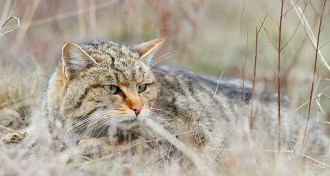 Animals
AnimalsChina trumps Near East for signs of most ancient farm cats
Earliest evidence found for grain as a force in feline domestication.
-
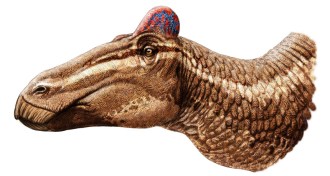 Paleontology
PaleontologyFleshy comb is first found on a dinosaur
A fossil head has both a duck bill and a soft-tissue crest, scientists suggest.
-
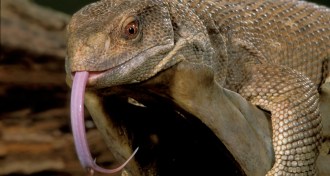 Animals
AnimalsLizard breath has surprising birdlike flow
Decades of assumptions may be wrong about the evolution of reptile lungs.
-
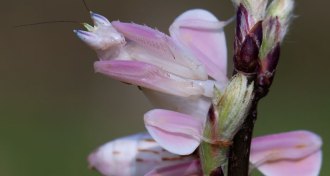
-
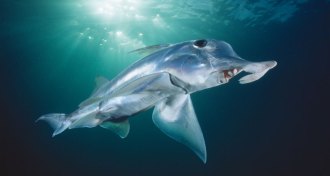 Animals
AnimalsHow the ghost shark lost its stomach
The lack of a digestive organ in fish and other animals is linked to genetics.
-
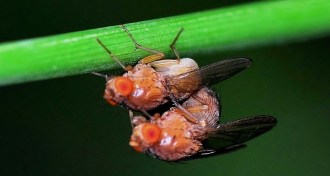 Animals
AnimalsInsect form of sexual frustration takes toll
Smelling female fruit flies but not mating with them can actually shorten males’ lives.
-
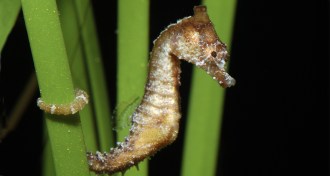 Animals
AnimalsOdd head of seahorse cloaks its sneak attacks
Head shape creates hydrodynamic fake-out for stealth hunting.
-
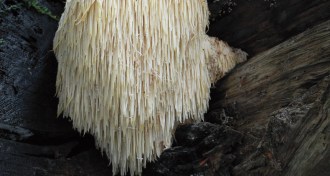 Life
LifeFungal fight club
Combat between fungal individuals is a bit like war between heaps of spaghetti.
-
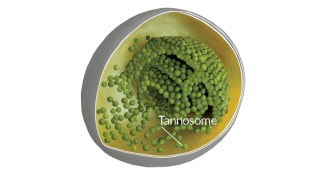
-
 Animals
AnimalsComb jelly immune system can spot old enemies
Animal at base of family tree could help researchers understand the evolution of immunity.
-
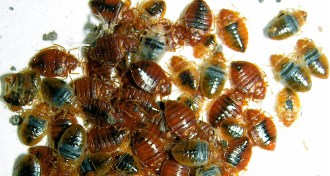 Animals
AnimalsMothballs, rubbing alcohol score poorly in tests of DIY bedbug control
Mattress encasement, dry ice in bags, hot clothes dryers do help control infestation.
-
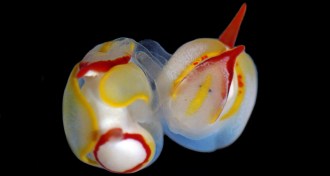 Animals
AnimalsSea slug mating features a stab in the head
Newly discovered hermaphroditic sea slug deploys specialized needle-thin organ for injections near the eyes.